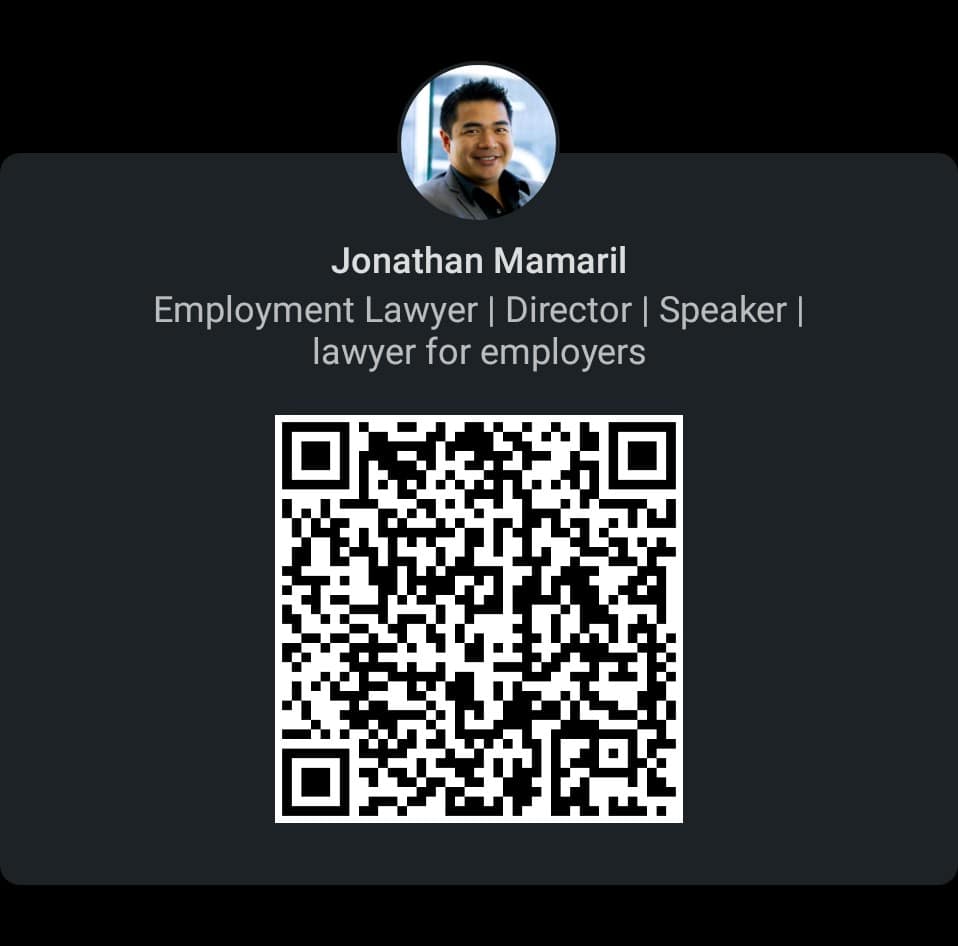
There is an air of inevitability for a number of HR and Employers having to deal with:
- directions not been followed,
- disciplinary action,
- testing of current policies and procedures
- dismissal claims
Here are some tips to deal with these issues:
TIP 1 – Exercise discretion in conducting a disciplinary process
Employers and HR should avoid the unnecessary escalation of disciplinary action by exercising discretion. In particular, management capability to deal with ill-discipline or initial discussions around misconduct. An attempt could even be made to resolve the issue.
As such, we recommend managers undergo performance management and in some respects identifying legal risk and liability for managers.
TIP 2 – Address complaints made by employees in a disciplinary process
It is important for decision makers of Employers to remain impartial in any disciplinary process by investigating any complaints raised by employees involved in a disciplinary process (unless they are clearly unfounded). It is easy to fall into the trap that employees are making complaints to frustrate or stall the process.
If an Employer is unable to demonstrate it has effectively dealt with an employee’s complaint or inquiry, it may have difficulty in rebutting the presumption (that adverse action was taken due to the exercise of a workplace right) that exists.
Some articles on performance management training can be found here.
TIP 3 – Confirm oral communications in writing
Oral communications with employees should always be subsequently confirmed in writing to ensure it is unambiguous that an employee’s attention has been drawn to a particular policy and the need for compliance with the policy.
It may also clarify the expectations of an Employer to ensure the employee has a full understanding of how to comply. Doing so will avoid an employee disputing the fact they were unaware they had not been warned or counselled on non-compliance. It will also assist the Employer in rebutting the presumption of adverse action if an employee commences a general protections application (by providing written evidence of conduct issues).
TIP 4 – Confirming an employee’s fitness to participate in a disciplinary process
In circumstances where an employee has taken a prolonged period of personal leave or has been on Workers Compensation it is important to confirm an employee’s fitness to participate in a disciplinary process to avoid aggravation of existing injuries (if any). Employers should be mindful they are unable to make conclusions on medical issues without formal medical qualifications.
If you are in HR or compliance and require expert assistance with employment law or industrial relations matters, NB Lawyers – Lawyers for Employers can offer an obligation free consultation to discuss how we can assist you with any concerns you may have.
Reach out via [email protected] or +61 (07) 3067 6062 to book an appointment.
If you got value out of this article email [email protected] or click on this link to subscribe to our value added newsletter.
Written By
Director
NB Lawyers – Lawyers for Employers

Jonathan Mamaril leads a team of handpicked experts in the areas of employment law and commercial law who focus on educating clients to avoid headaches, provide advice on issues before they fester and when action needs to be taken and there is a problem mitigate risk and liability. With a core value of helping first and providing practical advice, Jonathan is a sought after advisor to a number of Employers and as a speaker for forums and seminars where his expertise is invaluable as a leader in this area as a lawyer for employers.


